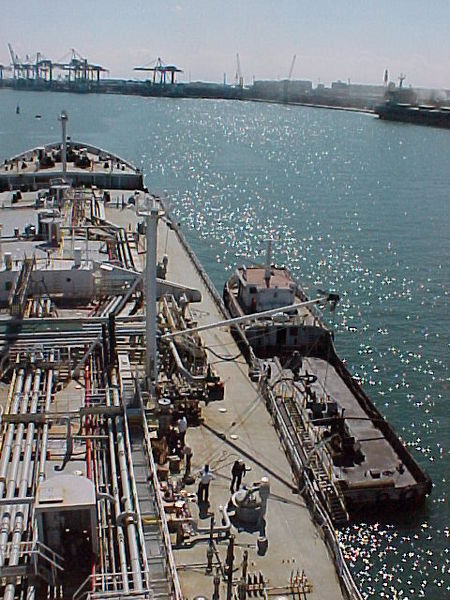
US exports of ultra low sulfur diesel and gasoil to Europe are expected to remain stable in November on the month at over 2.5 million mt, said traders Monday.
Volumes exported over September and October were above 2 million mt per month, with some industry sources saying that volumes in October were even higher than 2.5 million mt. “I have about 2.65 million mt arriving in Europe over October in Northwest Europe and the Mediterranean… In September we had 2.34 million mt” said a trader. Record exports from the US continue to make their way to Europe as refineries in the Gulf coast benefit from better margins than their European counterparts due to cheaper crude costs and the shale oil revolution. “The US has moved 110 cargoes out the region over October, so 4.2 million mt, that’s Europe plus Latin America. The US is becoming a diesel machine, margins and yield in the Gulf are favorable to making distillates,” said the first trader. One notable trend of US exports has been an increase in the use of larger-sized vessels such as Long-Range 1s and Long-Range 2s as traders took advantage of cheaper freight costs for such sizes. European ULSD cash premiums have faced downward pressure over the last few weeks on the back of the US exports which have brought ample supply to the region even amid Northwest Europe’s main refinery turnaround season which began in September. The ULSD CIF Northwest European cargo cash premium to the front-month 0.1% ICE gasoil futures contract closed at plus $14.75/mt, its lowest since February 11.
Source: Platts
Photo Credit: Wikipedia




